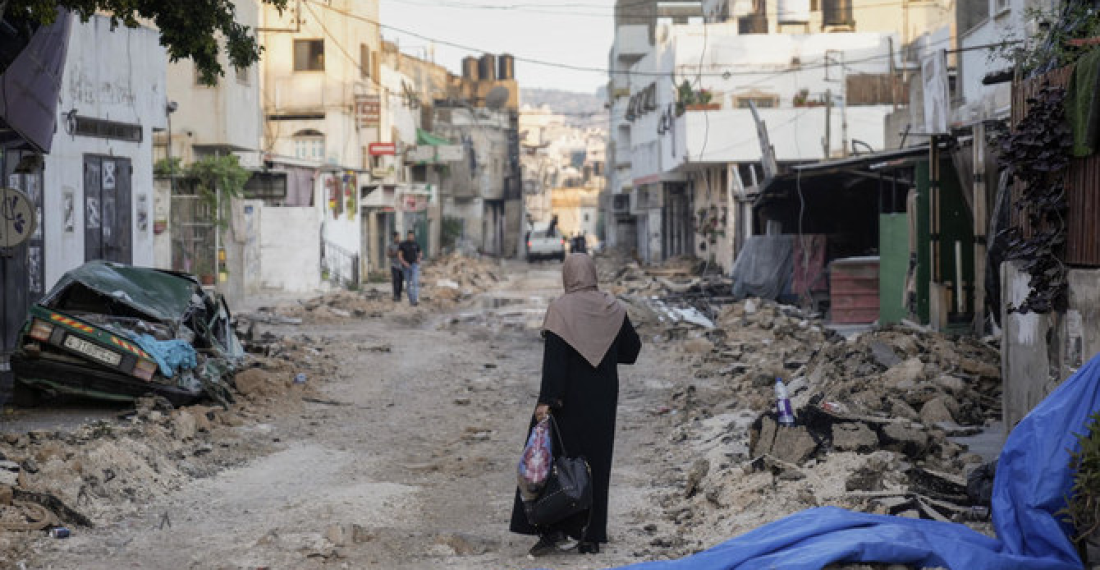Israel has withdrawn its troops from a militant stronghold in the occupied West Bank on Wednesday (4 July) after a two-day operation that killed at least 13 Palestinians. One Israeli soldier was also killed.
The two-day operation launched early on Monday morning (3 July) was described by the Israeli government as an "extensive counter-terrorism effort".
The operation began with drone strikes on targets in the militant stronghold, before Israel deployed hundreds of troops into the West Bank refugee camp. The operation came after growing domestic pressure following a series of attacks on Israelis, including a shooting last month that killed four Israelis.
The operation took place in the densely populated Jenin refugee camp, which the BBC reported is home to 14,000 people and controlled by militant groups and local Palestinians who have been linked to the recent shooting attacks targeting Israelis.
Ahead of the withdrawal, Israeli Prime Minister Benyamin Netanyahu vowed further raids in the future. During a visit to a military post on the outskirts of Jenin, he said "at these moments we are completing the mission, and I can say that our extensive operation in Jenin is not a one-off."
While the Israeli government said that its operation "dealt a heavy blow to terrorist organisations", Palestinian officials have described the events as a "war crime" and an "invasion".






